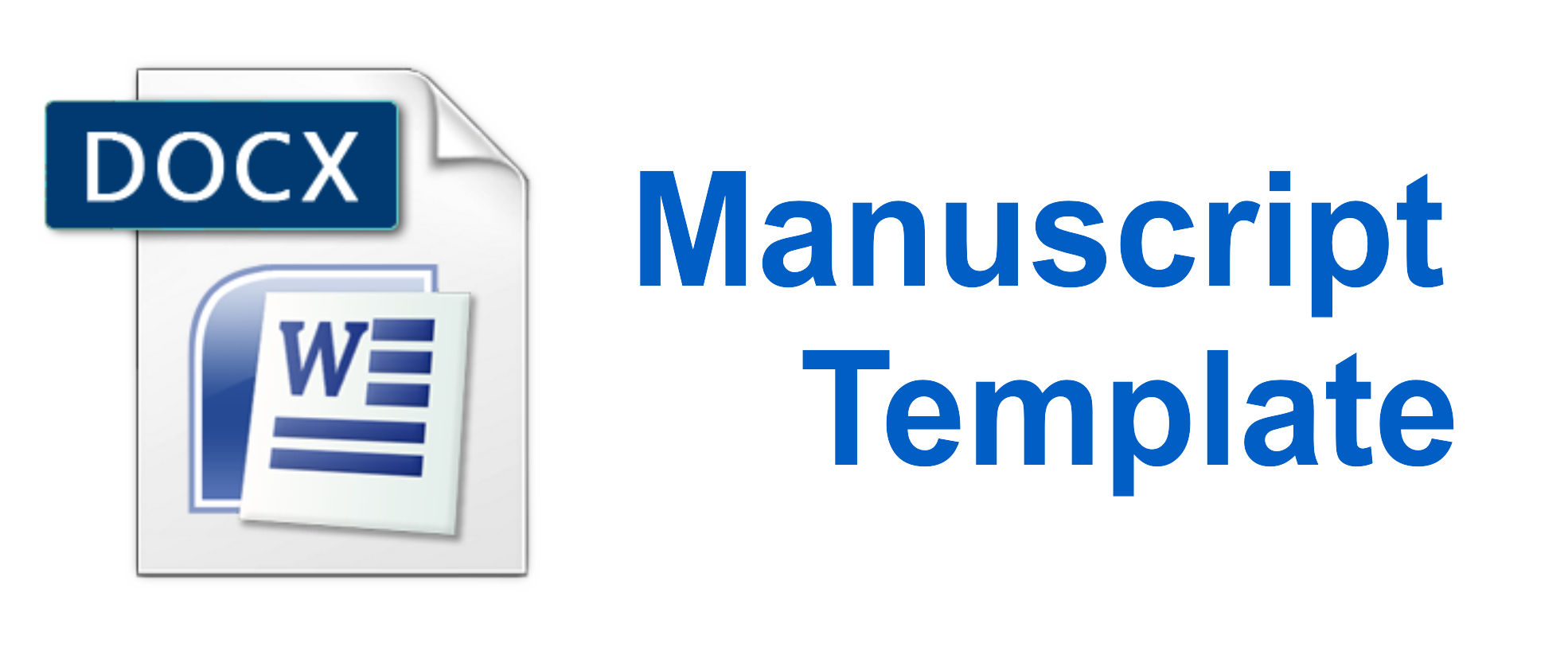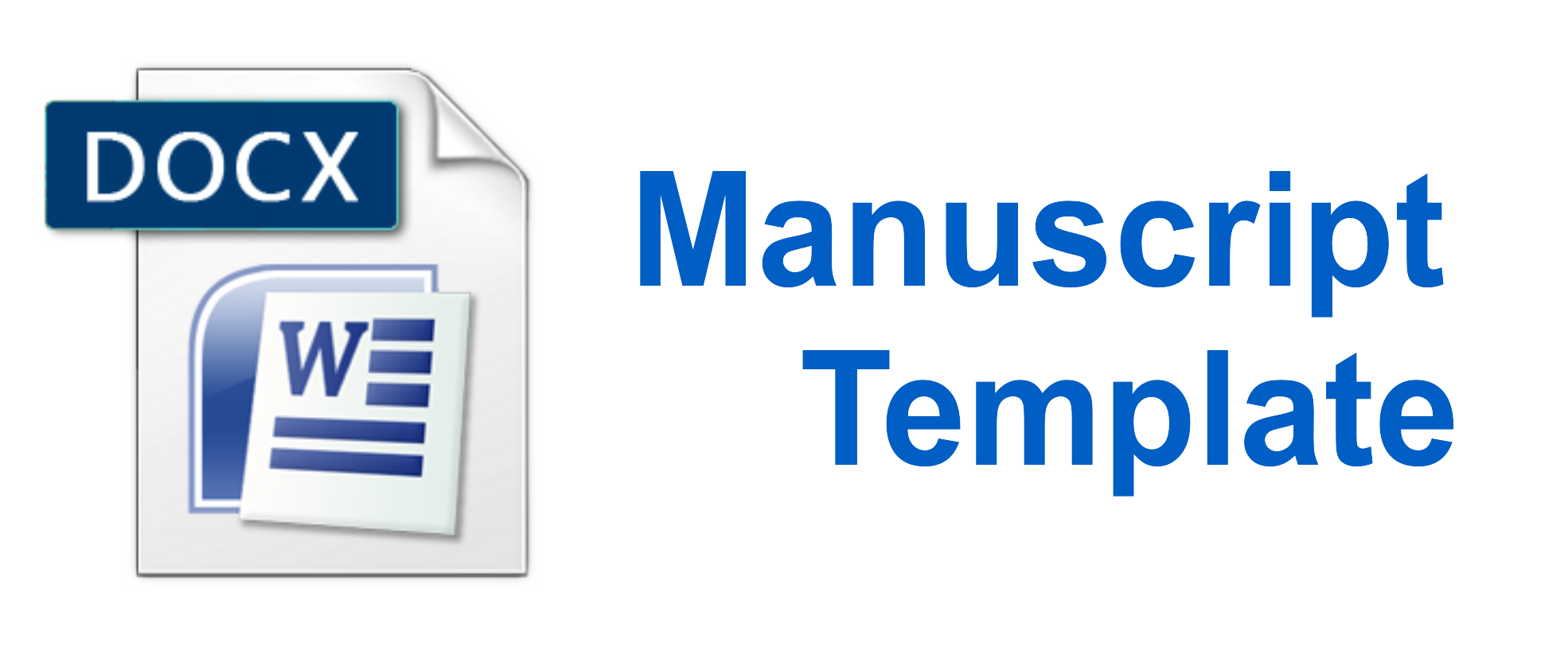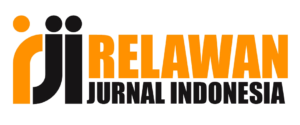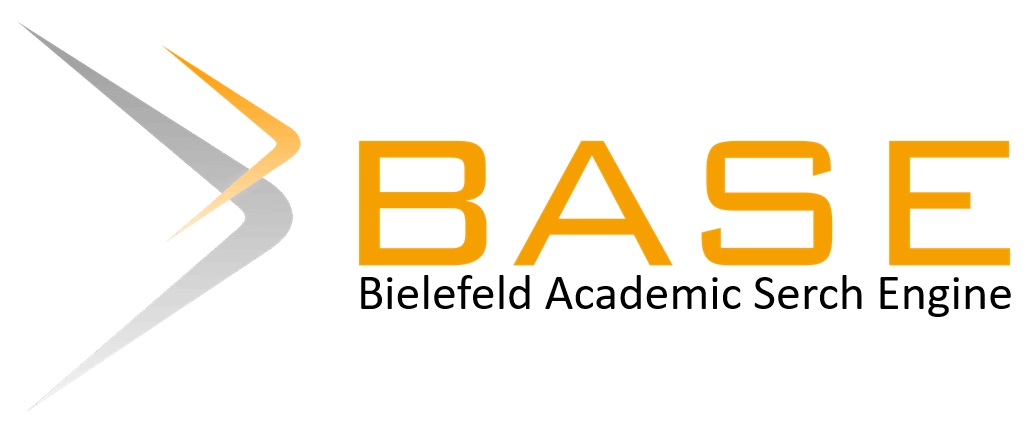KORELASI MODEL PEMBELAJARAN BERBASIS MASALAH (PROBEM BASED LEARNING) DENGAN PEMAHAMAN PAI SISWA DI SMP SUNAN AMPEL SUMBEREJO BANYUPUTIH SITUBONDO TAHUN 2020-/2021
DOI:
https://doi.org/10.35316/edupedia.v5i2.996Keywords:
Problem-based learning, comprehension of PAIAbstract
If we are more concerned deeply to Curriculum 13 in all of Indonesia's educational stage, so we can find it has learning focused on scientific approach including observing, asking, trying, associating, communicating.
It is relevant with interest student to get much knowledge with main characteristic like a) using real-world problems, b) focused learning on problem-solving, c) learning objectives are determined by students, d) teacher as a facilitator, who also has skills to solve problems.
this research uses Quantitative approach to collecting data, including observation, documentation, questionnaires. the subject of research is students of SMP Sunan Ampel. Research orientation aimed in order to know the correlation of problem-based learning models with students' understanding of Islamic education at SMP Sunan Ampel Sumberejo Banyuputih Situbondo. With the research results: there is a correlation "moderate" Problem Based Learning Model with students' understanding of Islamic Education at SMP Sunan Ampel Sumberejo Banyuputih Situbondo.
Downloads
Published
How to Cite
Issue
Section
License
Edupedia: Jurnal Studi Pendidikan dan Pedagogi Islam adopts the Creative Commons Attribution–ShareAlike 4.0 International License, which allows users to reproduce, modify, and distribute published articles in any medium for lawful purposes, provided that appropriate attribution is given to the original author(s) and the journal, the license is properly cited, any changes are clearly indicated, and derivative works are distributed under identical licensing terms.
Upon publication in Jurnal Kesehatan Vokasional, authors confer to third parties the rights to use their articles in compliance with the Creative Commons Attribution–ShareAlike 4.0 International License.
Copyright on articles is retained by the respective author(s), without restrictions. A non-exclusive license is granted to Edupedia: Jurnal Studi Pendidikan dan Pedagogi Islam to publish the article and identify itself as its original publisher, along with the commercial right to include the article in a hardcopy issue for sale to libraries and individuals.
![]()















